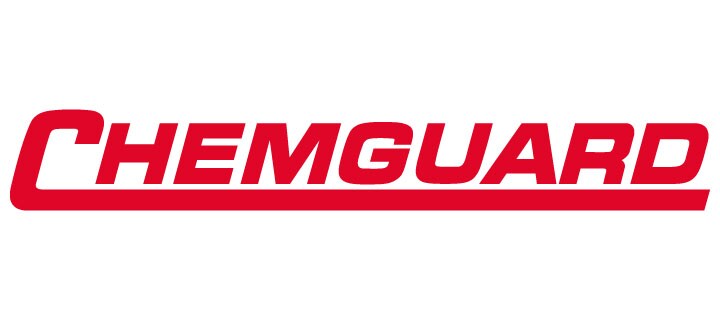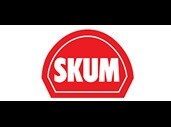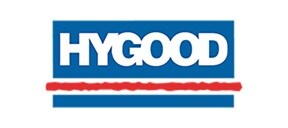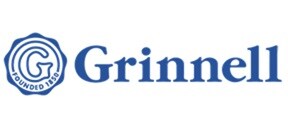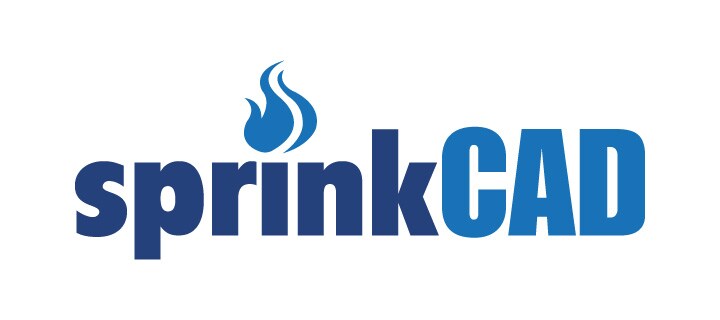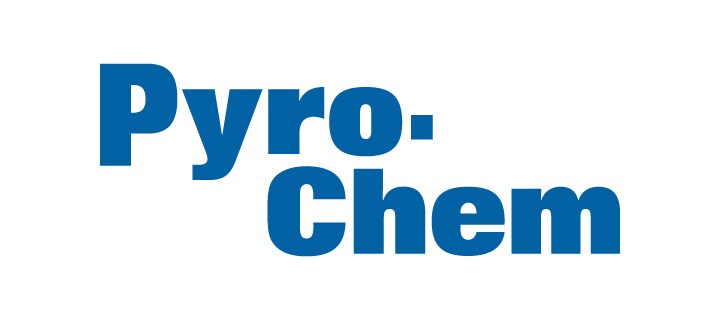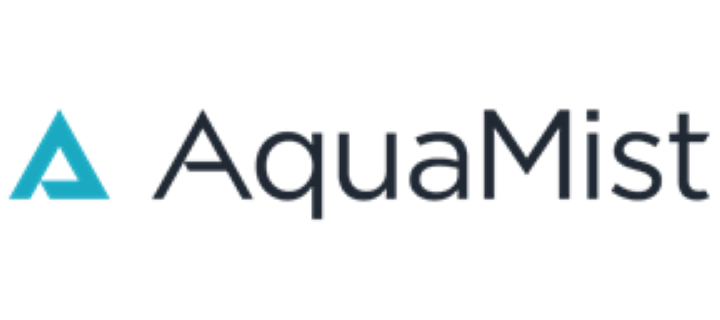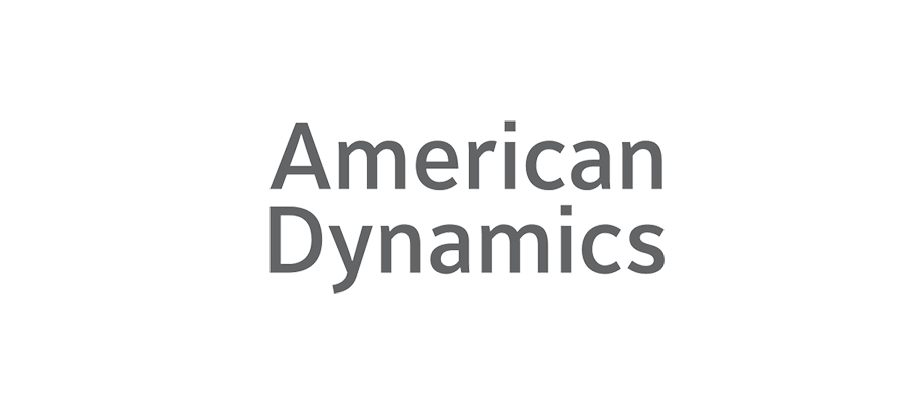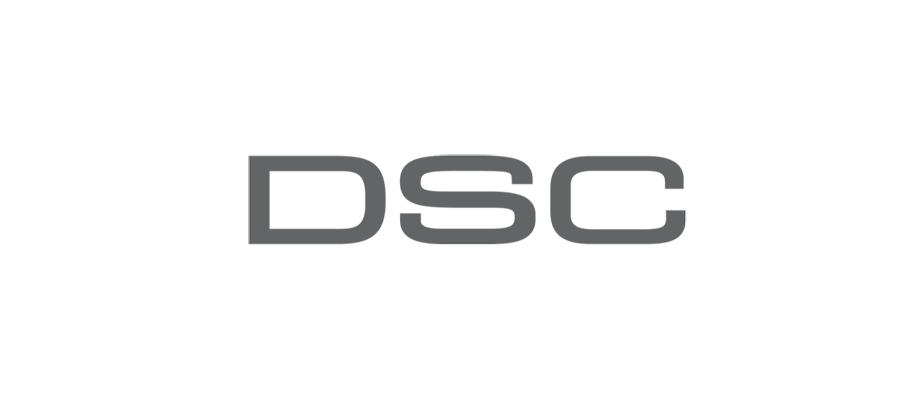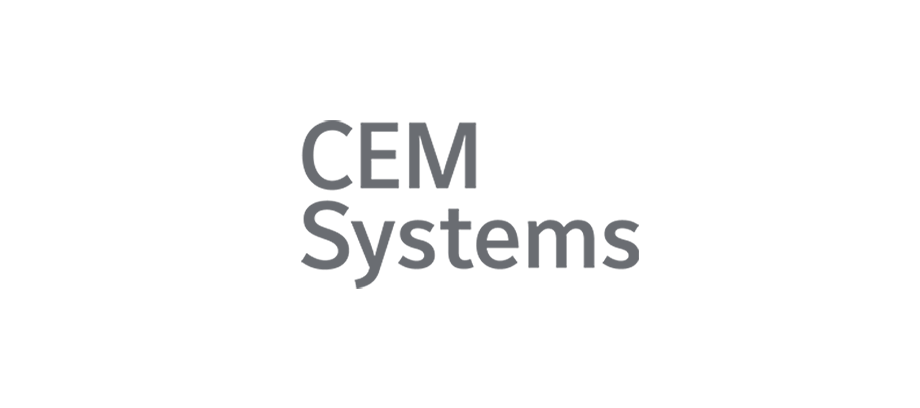The Importance of Utilising the Correct Fuel for Diesel Engine Driven Fire Pumps
Diesel Engine driven Fire Pumps are an integral component of many automatic fire sprinkler systems and ensuring that these key pieces of equipment are fit for purpose, kept in good condition, and remain dependable for the duration of their lifespan forms an essential part of system care and maintenance.
A vital constituent of diesel engine technology is the diesel fuel itself and it is critical for Building Owner/Occupiers and system users to recognise the importance of utilising the correct fuel to ensure that diesel engine driven fire pump performance is not affected.
Alternative types of diesel fuel are now being seen in increasing numbers and are being utilised for various reasons. These include simplification of fuel storage arrangements on site whereby the use of a single fuel type can help save costs and storage space, as well as situations where users are striving to reduce their carbon emissions.
The alternatives to traditional petroleum-based diesel fuels are sometimes known as Paraffinic fuels and are approved to EN15940 standards. These include but are not limited to “Biodiesels” which are manufactured from vegetable oil or animal fats, and which have a limited storage life before they deteriorate, so are highly unsuitable for emergency standby applications and “Renewable Diesel” also referred to as Green Diesel or Hydrotreated Vegetable Oil (HVO).
Research has shown that the use of EN15940 fuels can impact diesel engine performance in two ways as when compared to traditional petroleum-based diesel fuel. These effects can be seen as potentially lower power output (as much as an 8-12% reduction) and potentially higher fuel consumption. While this lower power output may not affect other common applications such as generators and agricultural machinery, it can have a marked impact on the performance of those diesel engines used for fire protection purposes.
Diesel fire pump engines are sized specifically based on their power output to cover the maximum “end of curve” power demand of the fire pump, for what is considered the worst-case scenario sprinkler system demand requirements.
The concern is that the potentially lower power output of a diesel fire pump engine operating on EN15940 fuel, could result in the engine not being able to achieve its full rated power output and hence potentially the engine would not be capable of covering the maximum “end of curve” power demand of the fire pump, which ultimately could compromise the sprinkler system performance in a real-life fire scenario.
It should also be considered that diesel engine driven fire pump approvals and certification provided by the recognised industry standards bodies (FM Global, Underwriters Limited and Loss Prevention Certification Board) are all based on tests carried out utilising traditional petroleum-based diesel fuel.
Industry feedback would also suggest that where sprinkler system users have switched to EN15940 “HVO” diesel after previously operating on traditional petroleum-based diesel fuel, it was reported that these engines incurred seal failures rendering them inoperable and required the replacement of seals and fuel injection equipment to bring the units back online.
Therefore, consideration should always be given by Building Owner/Occupiers and system users in selecting the type of fuel for use with diesel engine driven fire pumps, and appreciate that they should not be treated in the same way as any other diesel engines they may operate.
Note: For a sprinkler service and maintenance contract to be considered fully compliant and therefore meeting the requirements of LPC Rules for Automatic Sprinkler Installations: 2015 incorporating BS EN 12845, the Regulatory Reform (Fire Safety) Order 2005 and insurance company requirements, sprinkler systems must be regularly serviced and maintained in accordance with the current standards.
For help or advice with your fire suppression system and components, please contact our specialist sprinkler team using the form further down this page.





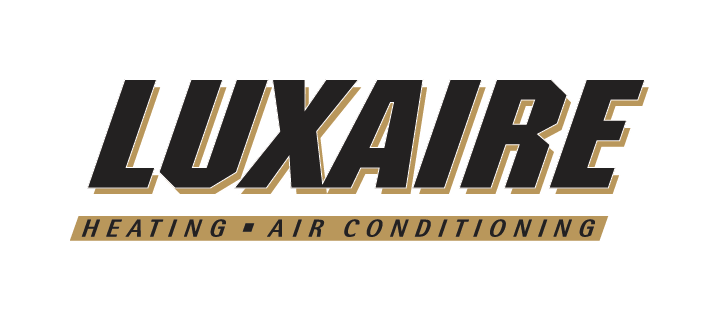




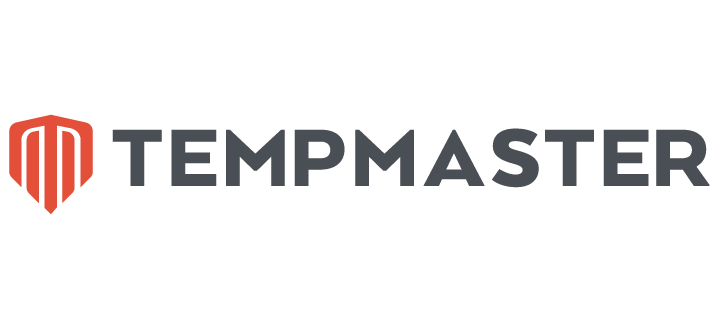

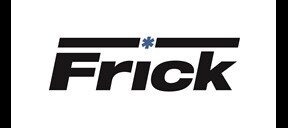



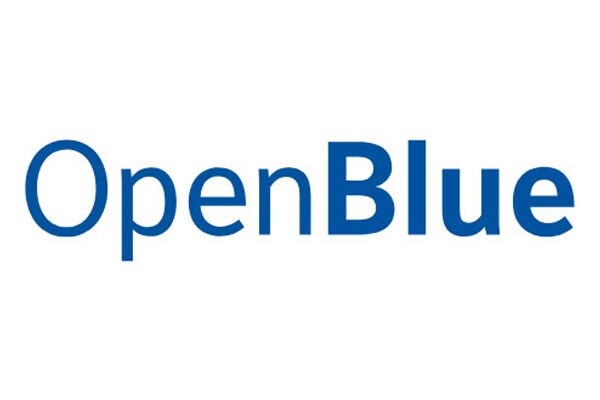








.png?la=en&h=70&w=157&hash=717A494A27ED61C45CEF95AC3A9C6309)

